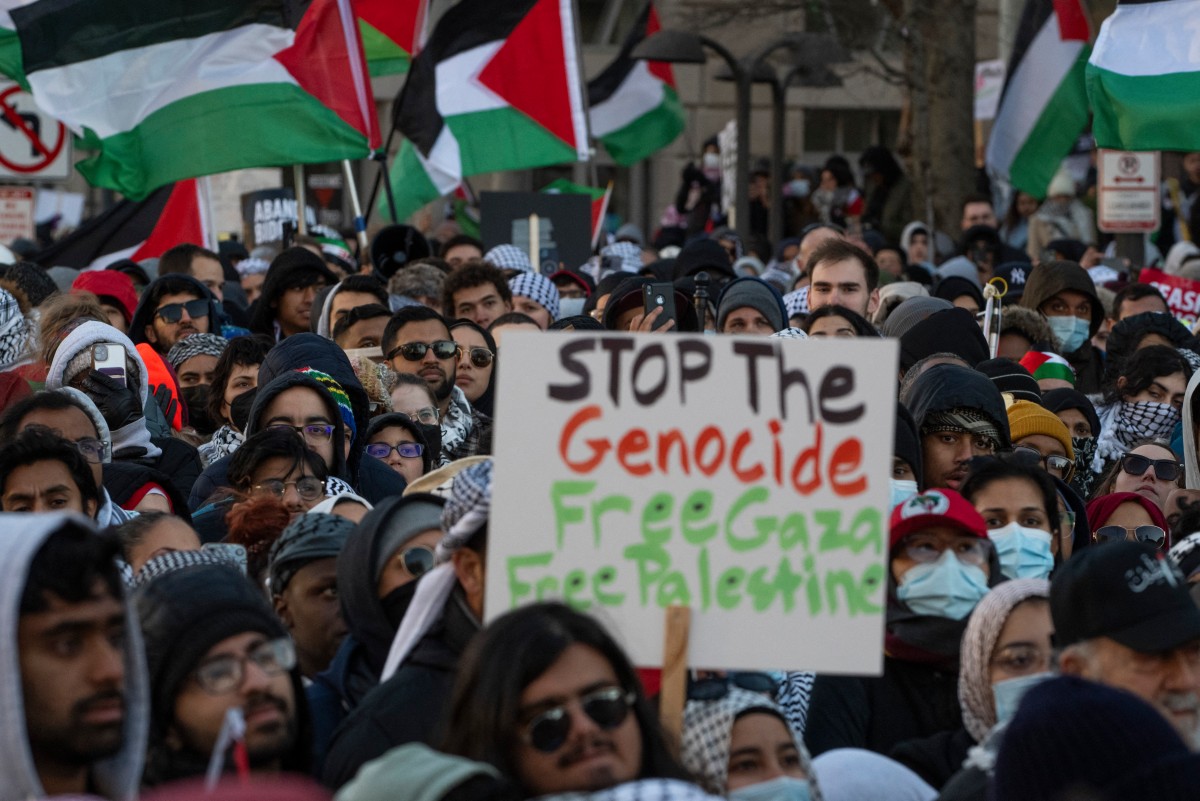United Nations, United States–Russia and China accused the United States during a UN Security Council meeting on Monday of stoking already high tensions in the Middle East with its recent retaliatory strikes on Iran-backed groups in Iraq and Syria.
The US military struck dozens of targets in Syria and Iraq overnight on Friday into Saturday, in retaliation for a January 28 drone attack on a base in Jordan that killed three US soldiers.
The strikes, which targeted elite Iranian units and pro-Iranian militant groups, have led to fears that the ongoing Israel-Hamas war in Gaza could spiral into a regional conflict.
“It’s clear that American airstrikes are specifically, deliberately aimed to stoke the conflict,” said Russian ambassador Vasily Nebenzia, whose country had called for the emergency meeting.
China’s ambassador Jun Zhang similarly claimed that the “US actions will certainly exacerbate the vicious cycle of tit-for-tat violence in the Middle East.”
Anger over Israel’s devastating campaign in Gaza — which began after an unprecedented Hamas attack on October 7 — has grown across the Middle East, stoking violence involving Iran-backed groups in Lebanon, Iraq, Syria and Yemen.
A UN official called for “all parties to step back from the brink and to consider the unbearable human and economic cost of a potential regional conflict.”
“I appeal to the Council to continue to actively engage all concerned parties to prevent further escalation and the worsening of tensions that undermine regional peace and security,” said Rosemary DiCarlo, under-secretary-general for political and peacebuilding affairs.
The American strikes have drawn criticism from the governments of Iraq and Syria, and also from Iran, which denies any role in last month’s drone attack.
“Any attempt to attribute these actions to Iran or its armed forces is misleading, baseless and unacceptable,” Iranian ambassador Amir Saeid Iravani told the Council on Monday.
He pledged that if Iran faces “any threat, attack or aggression affecting its security,” it would “not hesitate to exercise its inherent rights… to respond firmly.”
The White House said Sunday it plans more retaliatory action.
“Let me be clear, United States does not desire more conflict in a region when we are actively working to contain and deescalate the conflict in Gaza,” said deputy ambassador Robert Wood.
He added: “We are not seeking a direct conflict with Iran, but we will continue to defend our personnel against unacceptable attacks. Period.”

